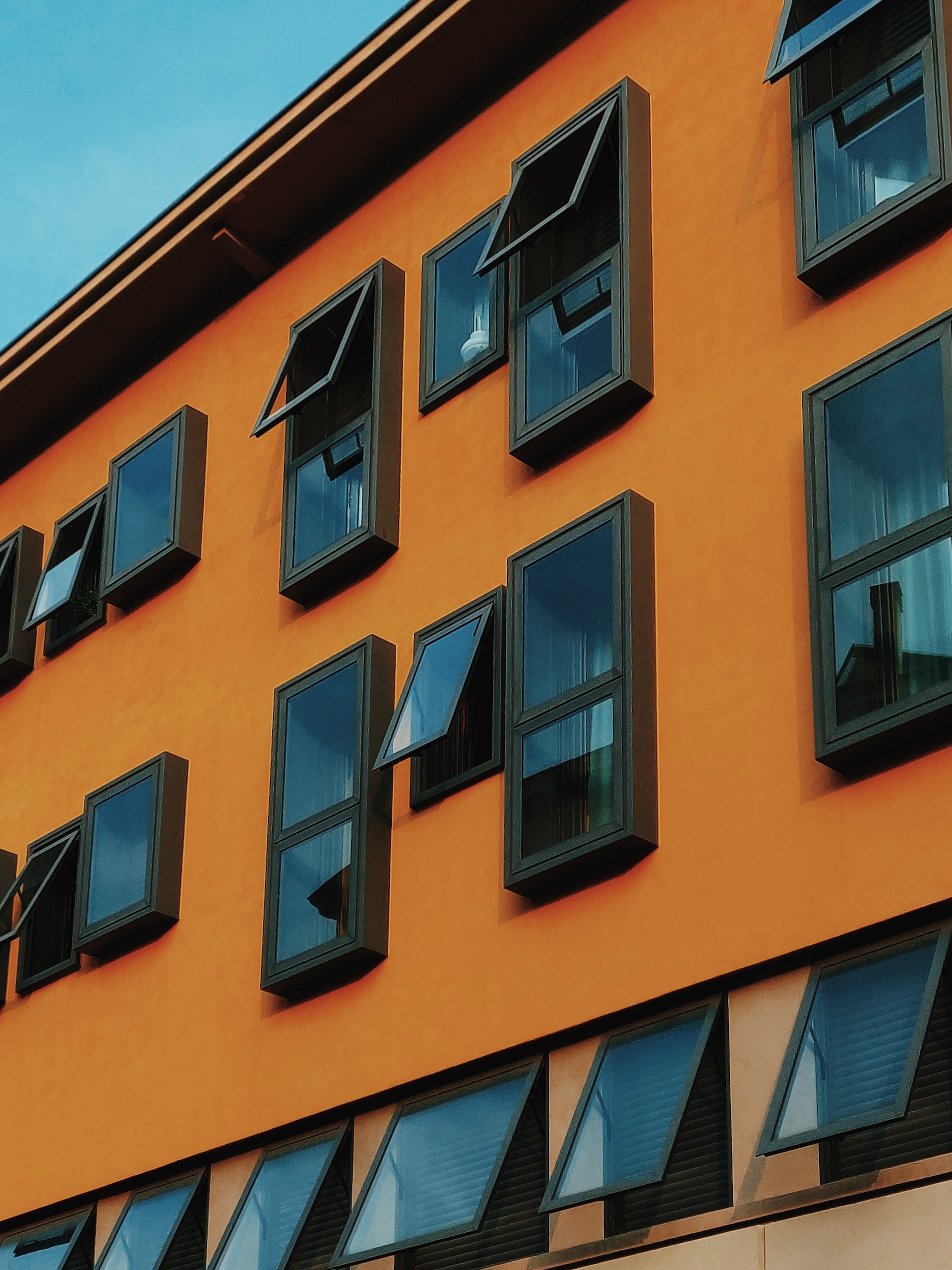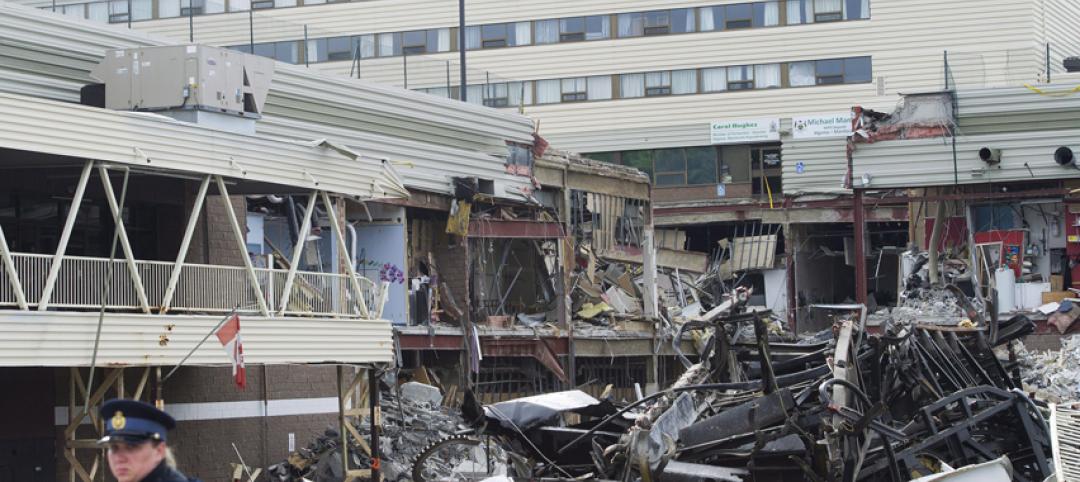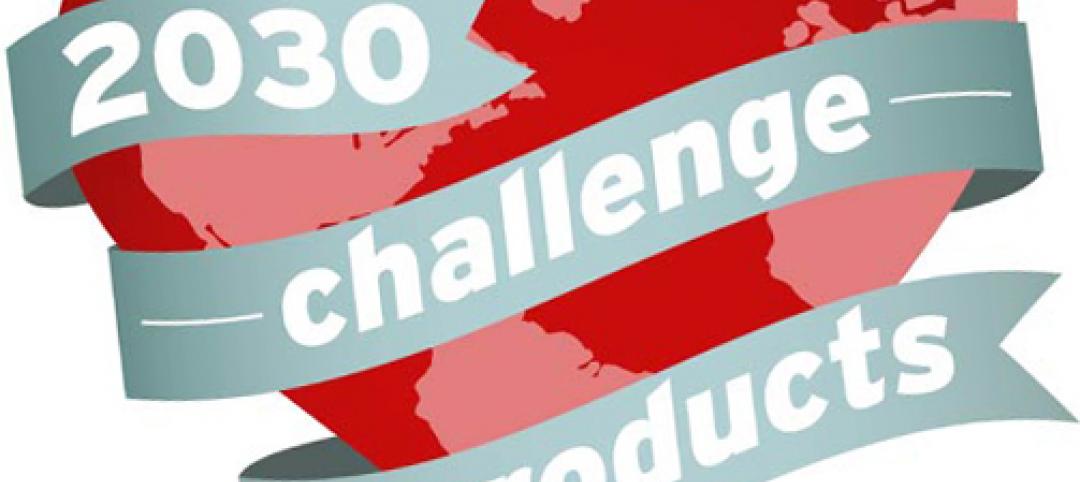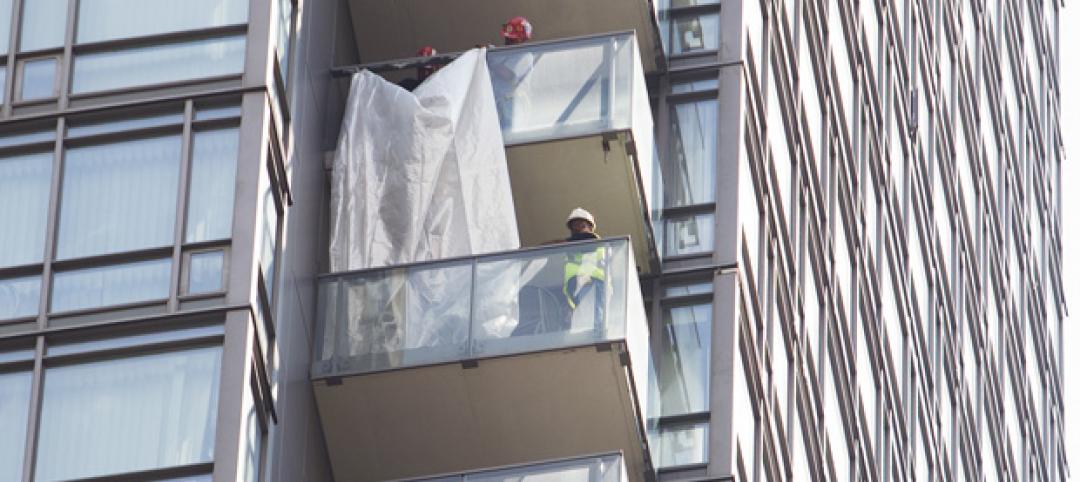ASHRAE has released a new standard that defines the terms "zero Energy" and "zero carbon" to describe buildings.
ANSI/ASHRAE Standard 228-2023, Standard Method of Evaluating Zero Net Energy and Zero Net Carbon Building Performance, sets requirements for evaluating whether a building or group of buildings meets a definition of “zero net energy” or a definition of “zero net carbon” during operation. The standard draws from other ASHRAE standards to address energy and carbon flows across a site boundary, their measurement, and their balance.
“Achieving a zero energy building has been viewed by many as a difficult goal to meet, with unforeseeable roadblocks and differing guidance,” said Keith Emerson, P.E., Life Member ASHRAE, chair of the Standards Project Committee 228. Standard 228 provides a consistent method for determining whether new and existing sites have reached zero energy. We hope this standard will become a helpful resource for building professionals in strategic decarbonization planning.”
Features of Standard 228 include:
- Allowances for sites that lack the means to produce adequate renewable energy, while placing additional requirements on the use of external carbon and renewable energy in the calculation.
- Defined calculation of energy in terms of source—a multiplier on the energy crossing the site boundary including energy used or lost in extraction, generation, and transit to the site.
- The main energy calculation made in terms of annual average factors. Allowance is made for the calculation of individual hours where data is available.
Related Stories
| Jul 5, 2012
Roof membrane could have prevented roof parking deck collapse, specialist says
The collapse of a section of a roof parking deck at the Algo Centre Mall in Elliot Lake in Ontario, Canada could have been prevented if the structure had a membrane, according to a concrete expert and specialist in structure analysis at McMaster University.
| Jul 5, 2012
New Joplin, Mo. hospital being built to withstand tornado that destroyed predecessor
After the May 22, 2011, EF-5 tornado destroyed St. John’s Regional Medical Center in Joplin, Mo., architects and engineers analyzed how the nine-story structure reacted to the storm.
| Jul 5, 2012
Continued tax breaks necessary for widespread adoption of net zero buildings
Tax breaks passed by the U.S. government to encourage construction of green buildings are set to expire in 2012 and 2013.
| Jun 28, 2012
Six buildings now recognized under Living Building Challenge
The Living Building Challenge (LBC), a green ratings system for design and construction that judges a building based on its actual performance, not just its projected performance at the design stage, has recognized six buildings to date.
| Jun 28, 2012
Label for building products will have ‘global warming number’
The director of the 2030 Challenge for Products says that the organization is aiming to place a label on building products that will list what’s in it, and how much embodied carbon each product represents.
| Jun 28, 2012
Top building material executive urges building resilience in sustainability standards
A meeting of 1,000 business executives at the recent Rio+20 environmental conference featured a passionate plea to include building resilience in efforts to boost sustainability.
| Jun 28, 2012
Following spate of skyscraper balcony glass panel breakages, Ontario adopts code change
Ontario's housing minister announced new building code rules to help prevent glass panels from breaking off high-rise balconies during hot weather.
| Jun 28, 2012
Factory worker deaths in Italy raise questions on building codes after earthquakes
Italian officials are questioning seismic building standards and inspection procedures in the aftermath of two damaging earthquakes.















